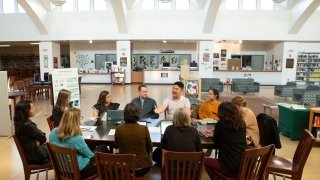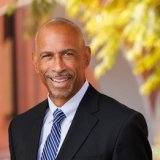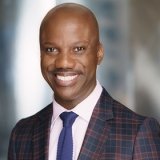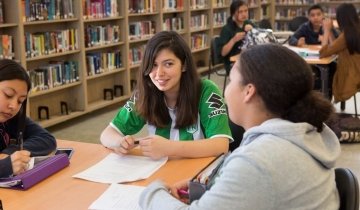“We have known for some time that education can play a role in countering ignorance, and in improving the lives of those who have historically been marginalized and disadvantaged. However, in order for the benefits of education to lead to a more just and peaceful society, equitable practices must be understood and prioritized.”
With that, USC Rossier Dean Pedro A. Noguera issues a call to action in his introduction to the “The Knowledgehook Anthologies: On the Topic of Equity.”
The Anthologies grew out of a series of virtual Signature Leadership conversations, Roundtables and podcasts Knowledgehook hosted during the pandemic with education experts. This collection, co-edited by Noguera and released October 6, gathered insights and practical advice for educators that emerged from the conversations.
“We introduce you to thought leaders who have made a commitment to equity, in policy and practice, a central feature of their work in education,” Noguera writes in his introduction. “Each one of the individuals we feature has produced a body of work that demonstrates how a clear understanding and commitment to equity can produce academic results that begin to counter and ameliorate inequity and injustice.”
Shaun R. Harper, founder and executive director of the USC Race and Equity Center, is one the experts featured in the Anthologies.
“For me, racial equity requires many things,” Harper said. “It requires strategy, intentionality, bravery, certainly a real commitment. But it also requires skills. It requires leaders to have skills that they can use to solve complex racial problems. Skills that allowed them to talk fluently about race and racism, and ultimately skills that allow them, their teacher colleagues, and their staff colleagues to close longstanding racial equity gaps, between and among student populations.”
If Knowledgehook felt compelled to focus on equity because the pandemic revealed the massive gaps in resources and outcomes that are too common in schooling, Noguera believes that equity in education is possible.
"Our hope is that more educators will embrace this work and become part of the movement for equity that is bringing hope to classrooms and schools, so that together we can build a more promising future,” Noguera writes. “We believe that the strategies described have enormous value and can serve as a basis for achieving the promise that.”






